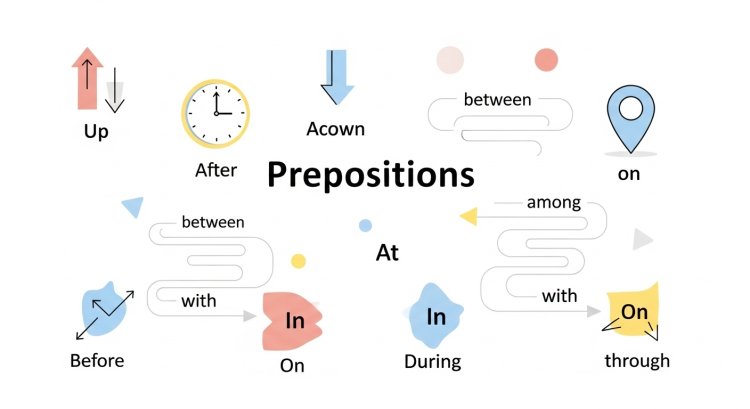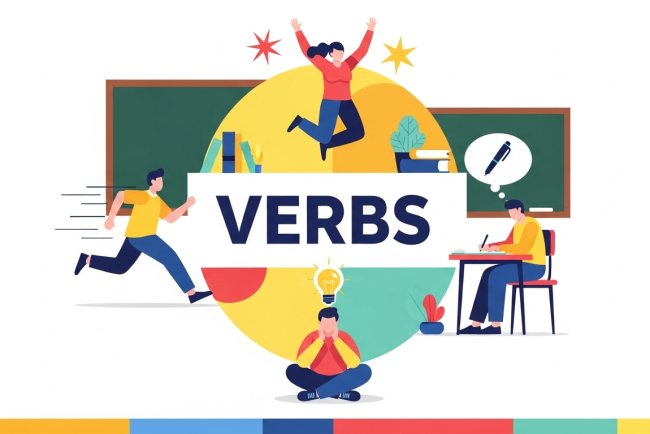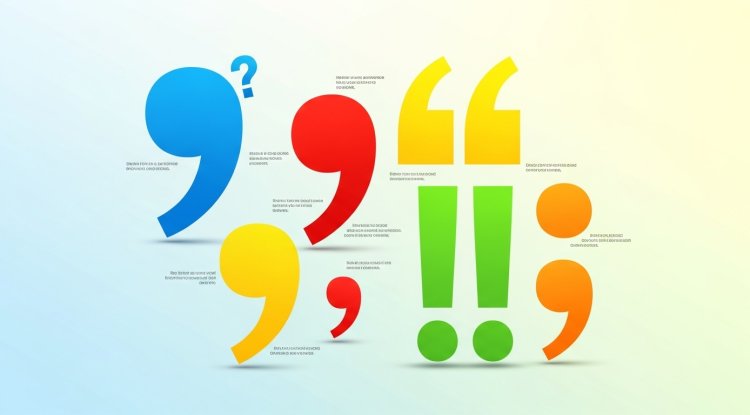Mastering Prepositions in English Grammar
Learn everything about prepositions in English grammar and what they are, their types, common rules, and mistakes to avoid. Improve your writing and speaking with clear examples of prepositions of time, place, direction, and more.

Prepositions are one of the most essential yet tricky parts of English grammar. They may look small, but they play a big role in connecting words and giving sentences meaning. Without prepositions, communication would lack clarity and precision.
This article will explain what prepositions are, their types, and how to use them effectively.
What Are Prepositions?
A preposition is a word that links nouns, pronouns, or phrases to other words in a sentence. It often indicates relationships such as place, time, direction, cause, manner, or instrument.
For example:
-
The book is on the table.
-
She arrived at the station.
-
They walked through the park.
In each case, the preposition connects the noun with the rest of the sentence.
Common Types of Prepositions
-
Prepositions of Place/Position
These show the location of something.
Examples: on, in, at, under, between, over-
The keys are in the drawer.
-
She stood between her friends.
-
-
Prepositions of Time
These express when something happens.
Examples: at, on, in, since, during, by-
We will meet at 5 p.m.
-
He was born in May.
-
-
Prepositions of Direction/Movement
These indicate movement from one place to another.
Examples: to, into, onto, toward, through-
The cat jumped onto the bed.
-
They walked toward the market.
-
-
Prepositions of Cause, Reason, and Purpose
Examples: because of, due to, for, from-
The flight was canceled due to bad weather.
-
She succeeded because of her hard work.
-
-
Prepositions of Means, Manner, and Instrument
Examples: by, with, about, like-
The letter was written by Sarah.
-
He cut the paper with scissors.
-
Rules to Remember When Using Prepositions
-
Prepositions are always followed by a noun or pronoun, never a verb.
-
Incorrect: She is good at do.
-
Correct: She is good at doing.
-
-
Avoid unnecessary prepositions.
-
Incorrect: Where are you at?
-
Correct: Where are you?
-
-
Some verbs, nouns, and adjectives are always followed by specific prepositions.
-
Interested in, good at, depend on, similar to.
-
Common Mistakes with Prepositions
-
Using in instead of at:
-
Incorrect: She is in home.
-
Correct: She is at home.
-
-
Using on instead of in for months/years:
-
Incorrect: He was born on 1995.
-
Correct: He was born in 1995.
-
-
Adding extra prepositions unnecessarily:
-
Incorrect: Where are you going to?
-
Correct: Where are you going?
-
Conclusion
Prepositions may seem simple, but mastering them takes practice. By understanding the types, rules, and common mistakes, you can improve your writing and speaking skills significantly. Always pay attention to context, as prepositions can change meaning depending on how they’re used.
What's Your Reaction?


















